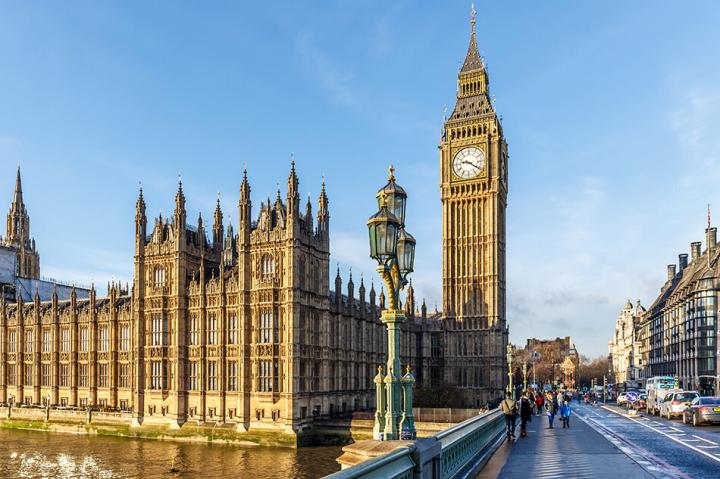Six key points from the Spring budget 2023

The Chancellor of the Exchequer presented his Spring Budget to Parliament on Wednesday, 15 March 2023 and focussed on the Government building on foundations set by the Autumn Statement 2022, with an aim to deliver on three of the five key priorities.
The Budget aims to achieve long-term, sustainable economic growth by halving inflation, growing the economy and getting debt falling.
The Budget provided a lot of information. Here are six points raised that businesses need to consider.
1. Corporation tax
Anyone under financial pressure could view The Budget as beneficial, but it could also present some issues.
The key point for many of our clients will be the change to corporation tax measures. Corporation tax for businesses will increase from 19% to 25% from 1 April 2023, affecting companies that earn more than £250,000 in profit. However, smaller companies with less than £50,000 of profit will continue to pay corporation tax at 19%.
As for how long this increase will last, there is a lack of clarity on whether this higher rate will persist for the short, medium or long term, which is unhelpful for businesses. Businesses over the threshold should work and plan on the basis that the change could potentially last for a number of years; this should help with risk management and cash flow predictions.
As a reminder, from 6 April 2023, there will be a cut in the threshold at which the 45% additional rate of income tax applies from £150,000 per year down to £125,140. This will be in place from 2027 to 2028 and is predicted to bring £855m in by way of extra tax by 2028.
2. Energy prices
The extension of The Energy Price Guarantee, which limits typical energy bills, will remain at £2,500 for another three months. This may be a relief to many, given that the cost-of-living crisis still impacts millions across the country. This announcement should give people comfort that bills will remain around the same as they currently are, and hopefully, they may see some decrease as the summer months approach.
Despite this positive step, it is worth noting that it does not appear that the Energy Bill Relief Scheme is being continued, which is the business ‘equivalent’. The scheme provides a discount on gas and electricity unit prices for business premises but is due to end on 31 March 2023, something which businesses will need to consider going forward.
3. Childcare
The change in entitlement to receive 30 hours of free childcare per week will inevitably reduce nursery costs and may allow for parent(s) to work whilst their child is at nursery, an improvement for businesses overall. The scale of households' childcare bills has prompted nationwide concern, so to many, the introduction of the new entitlement hours will come as a relief. However, the aim is for this to be in place by September 2025, meaning we will not see an immediate change.
4. Fuel duty
The reduction on fuel duty will be welcome to most as there will be a benefit for both individuals and for those who own/run businesses. There will be a cost saving on any fuel bought, and, in relation to the heavy vehicle industry workforce, they will not be spending as much for fuel, which of course, may flow downstream, making the ‘final goods’ cheaper for consumers.
5. Pensions
The changes to pensions will have been great news for some. In particular, the removal of the lifetime allowance charge from April 2023 and the later abolition of the allowance itself. This is a significant change that will allow more money to go into pensions for hard-working people to enjoy in later life.
6. Investment Zones
As a business based in the North East, we especially feel the benefits available to businesses within the investment zones are invaluable. This is part of the UK’s success in levelling up, which appears to be in full flow. The investment zones intend to drive economic growth in the selected areas, and this should impact wider communities.
What can your business do?
The Chancellor said the UK economy would avoid a recession this year, and inflation would be below 3% by the end of 2023, which sounds positive, but it must be remembered that the ongoing impacts of energy prices, Brexit and the Ukraine-Russia war will also contribute to market instability. It is vital that businesses have clear plans in place and ensure steps are taken to assess the risks.
Once a plan is in place, steps can then be taken to protect against those risks as far as possible.
Get in touch
For support and advice on any of the issues covered in this article, contact Laura Keegan, senior associate in our banking team on 0191 211 7970 or email [email protected].
Download our Spring Budget Highlights 2023 summary for more detail information.
Full details of the Spring Budget can be found on the Government website here.
